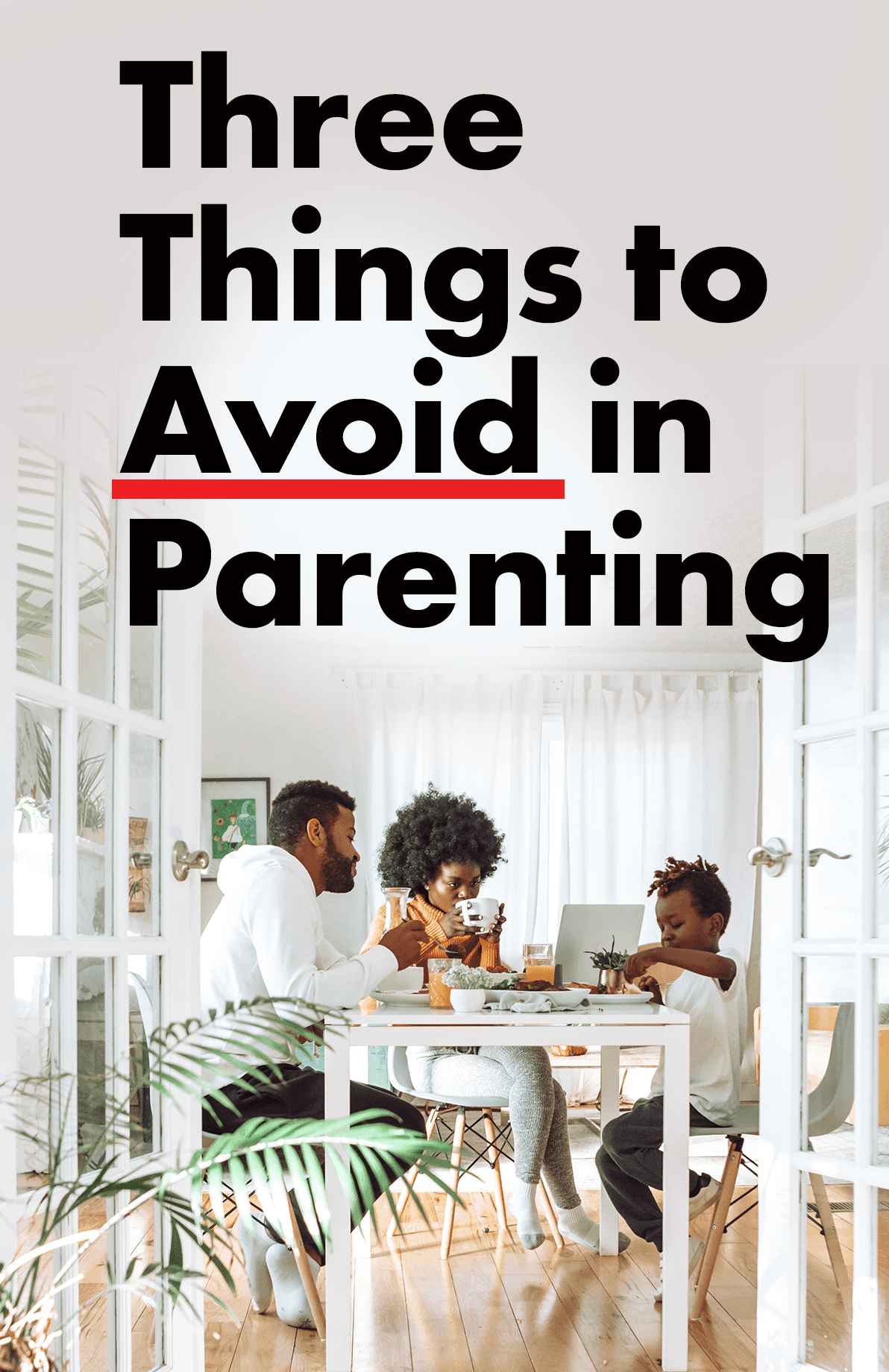The Unloving Ways That Parents React


The following notes are based on the above video. Feel free to add to them throughout the video if you like by taking notes on your own, but hopefully they also allow you to relax and enjoy the video without feeling as though you need to write everything down.
Part 1
Children need love. Parents need respect. (Exodus 20:12; Ephesians 6:2)
The Family Crazy Cycle says: When a child feels unloved, that child tends to react in a way that feels disrespectful to parents. When parents feel disrespected, they react in ways that feel unloving to their children.
What are these unloving ways that parents tend to act in when feeling disrespected?
1. With chronic anger
2. With chronic appeasement
3. With chronic apathy
Chronic anger: We are reacting to our children on an ongoing basis in an angry way because we feel that they are dishonoring or disrespecting us.
Chronic appeasement: In order to keep the peace, we have a tendency to appease our children and give them what they want.
Chronic apathy: Our feeling of being disrespected can reach a point where we simply disengage and become apathetic.
None of these three are how parents should deal with feeling disrespected!
Children will not only appear disrespectful when they are feeling unloved. They can also appear disrespectful to parents when they are being:
1. Childish
2. Selfish
3. Openly defiant
In all these situations, how will the parent react when feeling disrespected?
Discussion Questions
- How do you typically respond in those moments when your child is feeling unloved but you are also feeling disrespected?
- How does a parent decode whether their child is intentionally or unintentionally disrespecting the parent? How does a parent decode whether the child is feeling unloved, or being childish, selfish, or openly defiant?
- No matter what the parent has decoded, the child still needs to feel loved. What happens when the parent makes the only priority that he or she is still respected by the child?
- As we begin this short study on how parents, when feeling disrespected, can react with chronic anger, chronic appeasement, and chronic apathy, which one hits closest to home for you? Why is that?
- In the introduction, Emerson said, “If you want your child to close off to you, do these three things” [chronic anger, chronic appeasement, and chronic apathy]. How do you think each of these three can cause your child to close off to you?
- Emerson continued, “If you want your child to keep their heart open to you, avoid these three land mines” [chronic anger, chronic appeasement, and chronic apathy]. Why should a parent’s overarching goal be that their children keep their hearts open to them? Is there some work to do in your house regarding that?
.svg)
.png)




.svg)



.svg)



